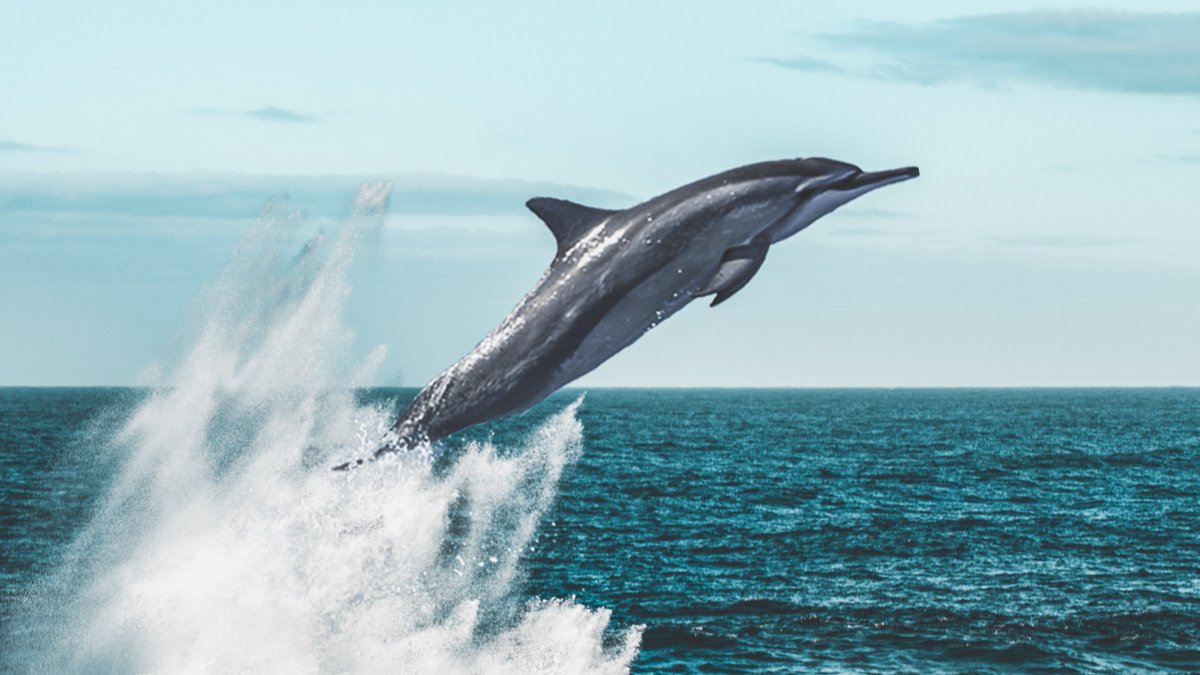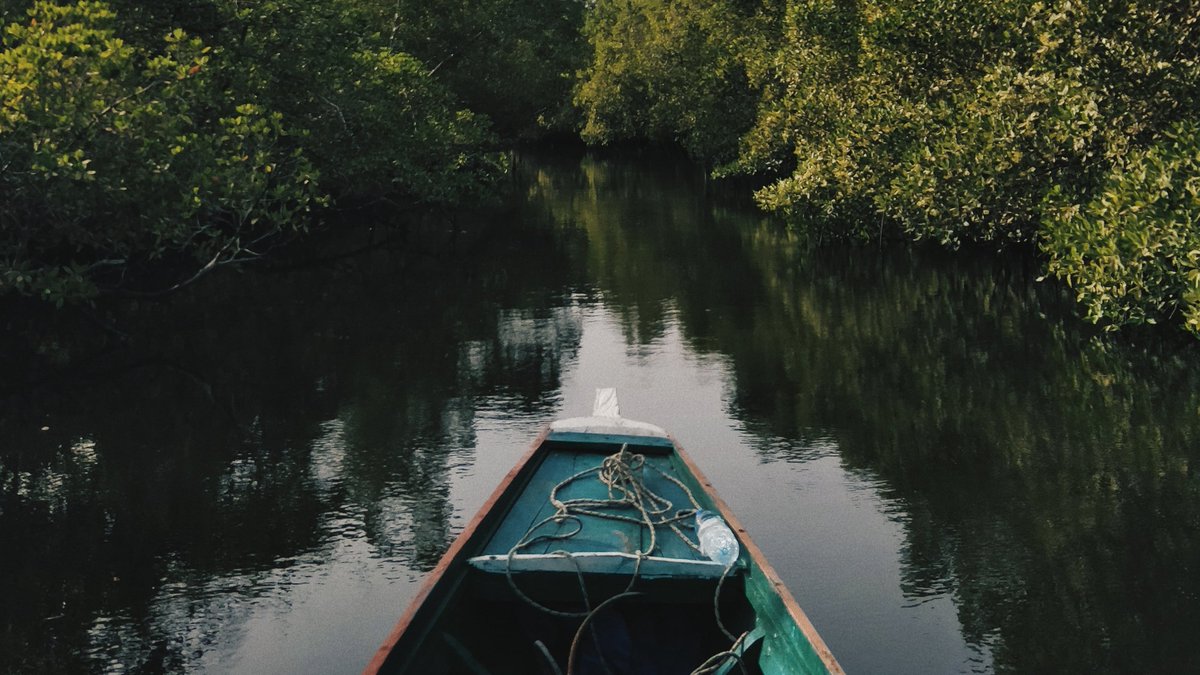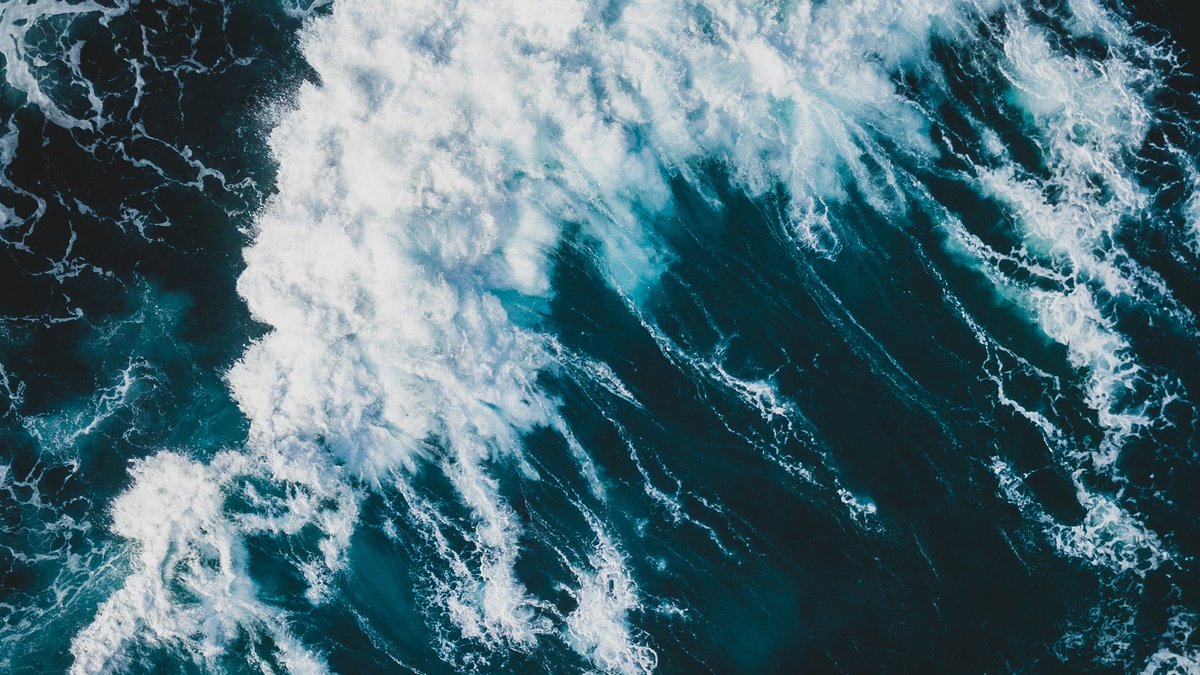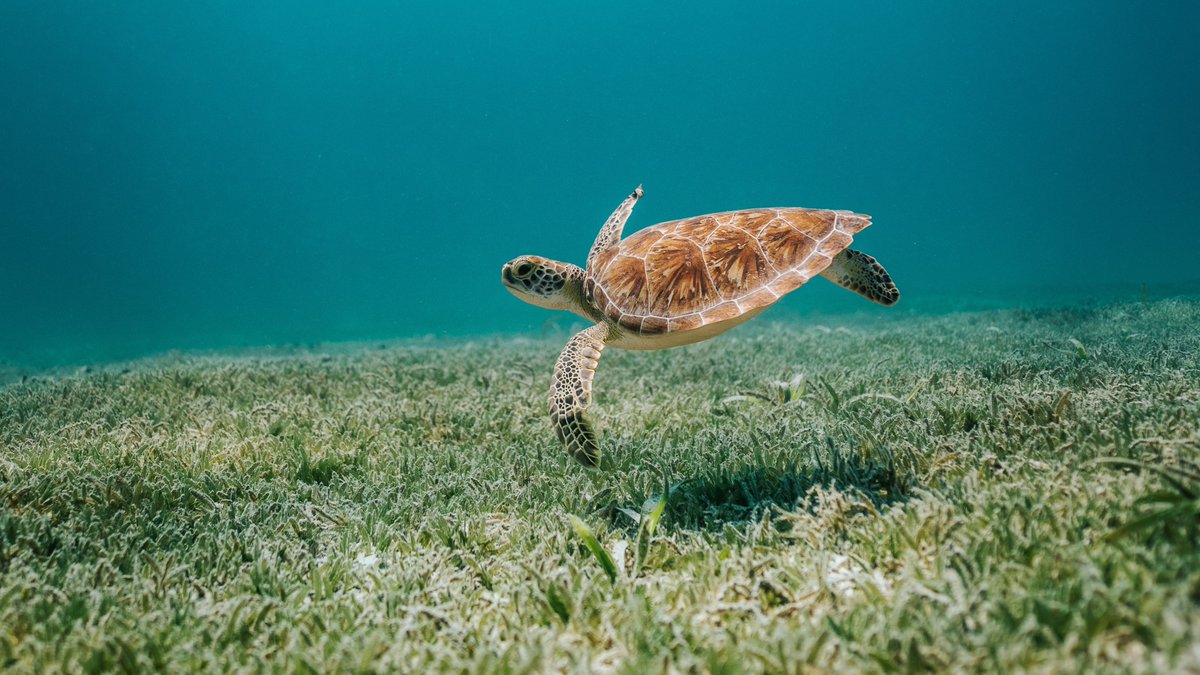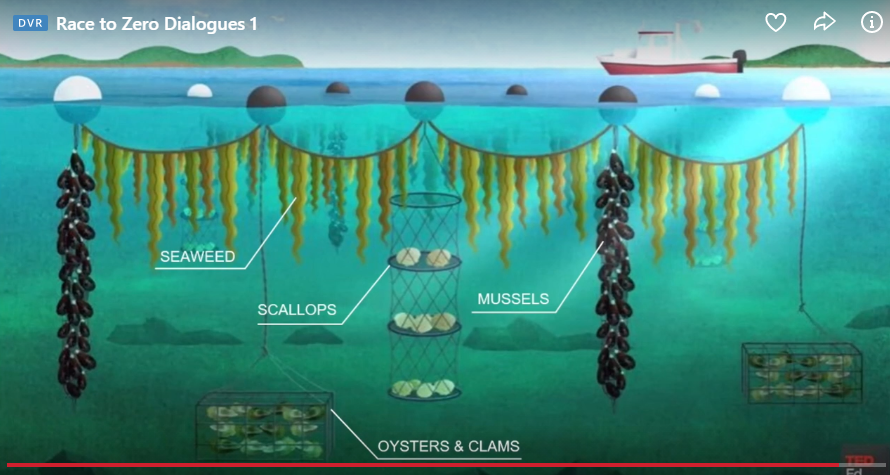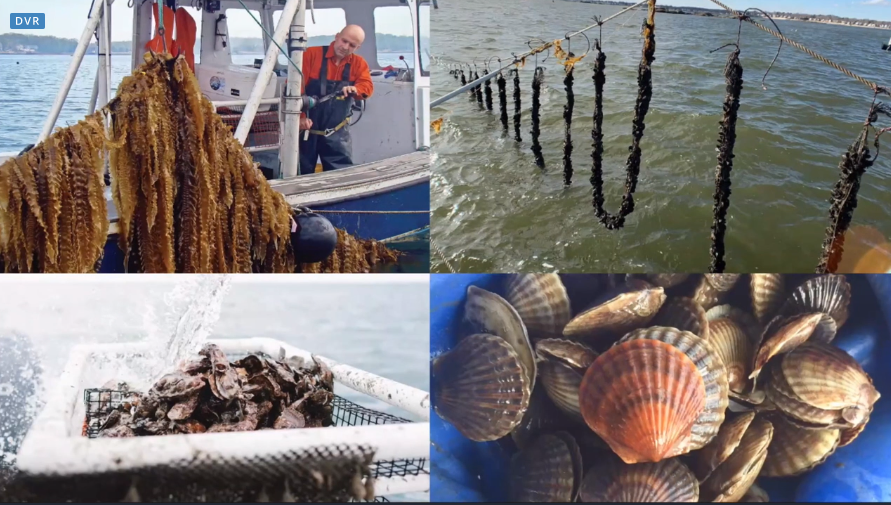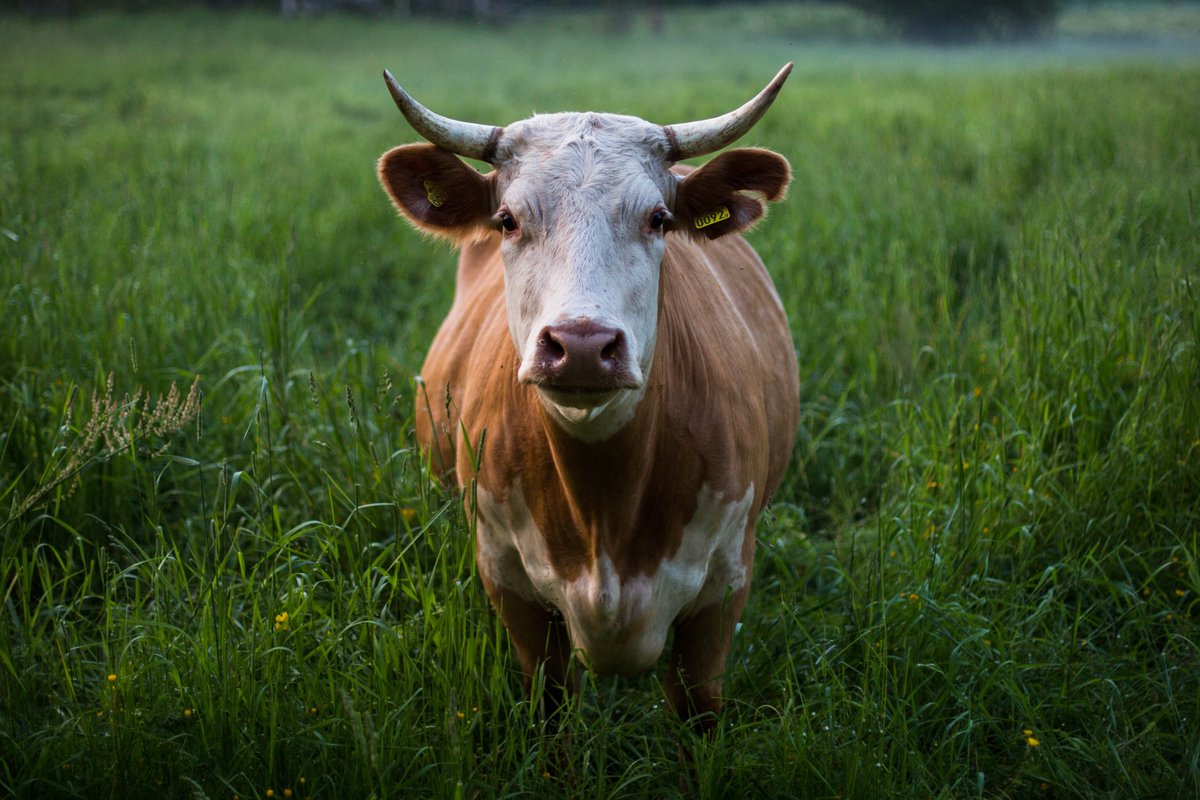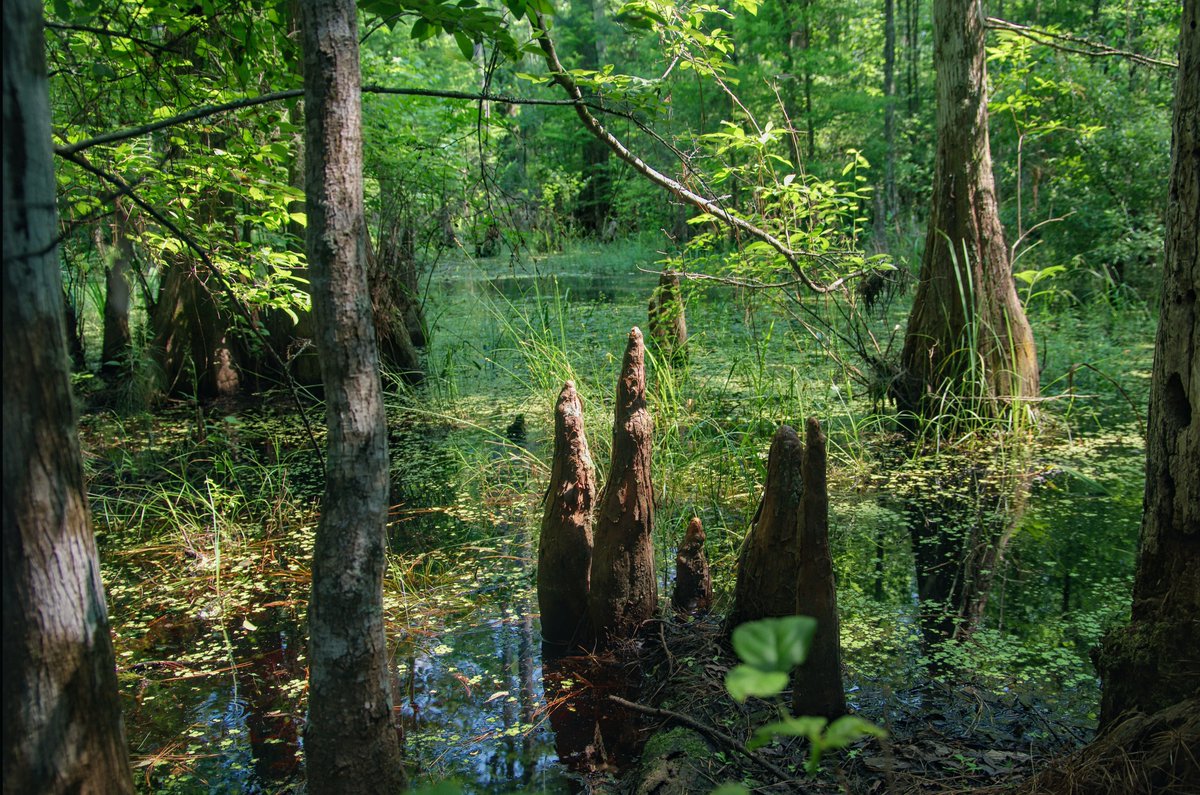Oceans absorb ~30% of global CO2 emissions - how can we make the most of this C sink potential, whilst supporting ecosystems & local people?
Follow this thread for take-homes from the session on oceans for #GHGmitigation, at the #RacetoZero Dialogues from @UNFCCC & @wef
Follow this thread for take-homes from the session on oceans for #GHGmitigation, at the #RacetoZero Dialogues from @UNFCCC & @wef
Coastal ecosystems cover only 2% of the ocean, but account for 50% of C sequestered in sediments
We can increase this C sink by restoring #mangroves, #saltmarshes & #seagrass
Whilst also supporting the 3 billion people who depend on marine & coastal biodiv for their livelihoods
We can increase this C sink by restoring #mangroves, #saltmarshes & #seagrass
Whilst also supporting the 3 billion people who depend on marine & coastal biodiv for their livelihoods
To restore coastal ecosystems at scale, we need to deliver finance to the people and projects who need it
Some hurdles are:
1) Lack of data on risk
2) Creating an enabling policy environment
3) Achieving a ROI within a timescale suitable for investors
- Chip Cunliffe ( @chipc27)
Some hurdles are:
1) Lack of data on risk
2) Creating an enabling policy environment
3) Achieving a ROI within a timescale suitable for investors
- Chip Cunliffe ( @chipc27)
An important method for financing coastal habitat restoration is use of #bluecarbon credits
This has been successfully trialed with mangrove protection & restoration in Colombia, by @ConservationOrg in partnership with @Apple https://www.conservation.org/stories/critical-investment-in-blue-carbon
This has been successfully trialed with mangrove protection & restoration in Colombia, by @ConservationOrg in partnership with @Apple https://www.conservation.org/stories/critical-investment-in-blue-carbon
@BlueCarbon_BCI has created a manual for assessing C stocks & emissions factors in mangroves, saltmarshes & seagrass meadows
It provides standardized protocols for sampling methods, laboratory measurements, and analysis of blue carbon stocks and fluxes https://www.thebluecarboninitiative.org/manual
It provides standardized protocols for sampling methods, laboratory measurements, and analysis of blue carbon stocks and fluxes https://www.thebluecarboninitiative.org/manual
In Zanzibar, women are learning to grow a higher value seaweed species, which needs to grow in deeper water
The income and resilience of local people to climate shocks has hence increased
Depending on what the seaweed is used for, it could be funded by C credits
- Flower Msuya
The income and resilience of local people to climate shocks has hence increased
Depending on what the seaweed is used for, it could be funded by C credits
- Flower Msuya
Insurance schemes can also finance marine #naturebasedsolutions
E.g. in Quintana Roo, Mexico, coastal property owners pay a fund which finances the repair of the local reef, and pays out insurance to pay for damages if wind speeds exceed a certain level https://www.nature.org/en-us/what-we-do/our-insights/perspectives/insuring-nature-to-ensure-a-resilient-future/
E.g. in Quintana Roo, Mexico, coastal property owners pay a fund which finances the repair of the local reef, and pays out insurance to pay for damages if wind speeds exceed a certain level https://www.nature.org/en-us/what-we-do/our-insights/perspectives/insuring-nature-to-ensure-a-resilient-future/
Take a look at Ocean Risk and Resilience Action Alliance ( @ORRAAnews) who aim to drive $500 million of investment into NbS by 2030, and surface at least 15 novel private & blended finance products by 2025
https://www.oceanriskalliance.org/
https://www.oceanriskalliance.org/
Farming sessile marine organisms, such as kelp, scallops, oysters, clams and mussels, can be a very sustainable form of food production
@GreenWaveOrg aims to train 10,000 ocean farmers by 2030, helping vulnerable people first


 https://www.greenwave.org/
https://www.greenwave.org/
@GreenWaveOrg aims to train 10,000 ocean farmers by 2030, helping vulnerable people first


 https://www.greenwave.org/
https://www.greenwave.org/
Feeding Asparagopsis seaweed to ruminant livestock (cows, sheep & goats) has been shown to radically reduce the amount of methane they release
If the weed could be grown sustainably at a large scale it could greatly reduce livestock GHG emissions
- Jennifer Smith @Scripps_Ocean
If the weed could be grown sustainably at a large scale it could greatly reduce livestock GHG emissions
- Jennifer Smith @Scripps_Ocean
We need to get ocean #naturebasedsolutions, including restoration & protection of coastal ecosystems, into national & intl. climate policy
Take a look at @BlueCarbon_BCI's guidance for getting blue carbon into NDCs: https://www.thebluecarboninitiative.org/policy-guidance
Take a look at @BlueCarbon_BCI's guidance for getting blue carbon into NDCs: https://www.thebluecarboninitiative.org/policy-guidance

 Read on Twitter
Read on Twitter